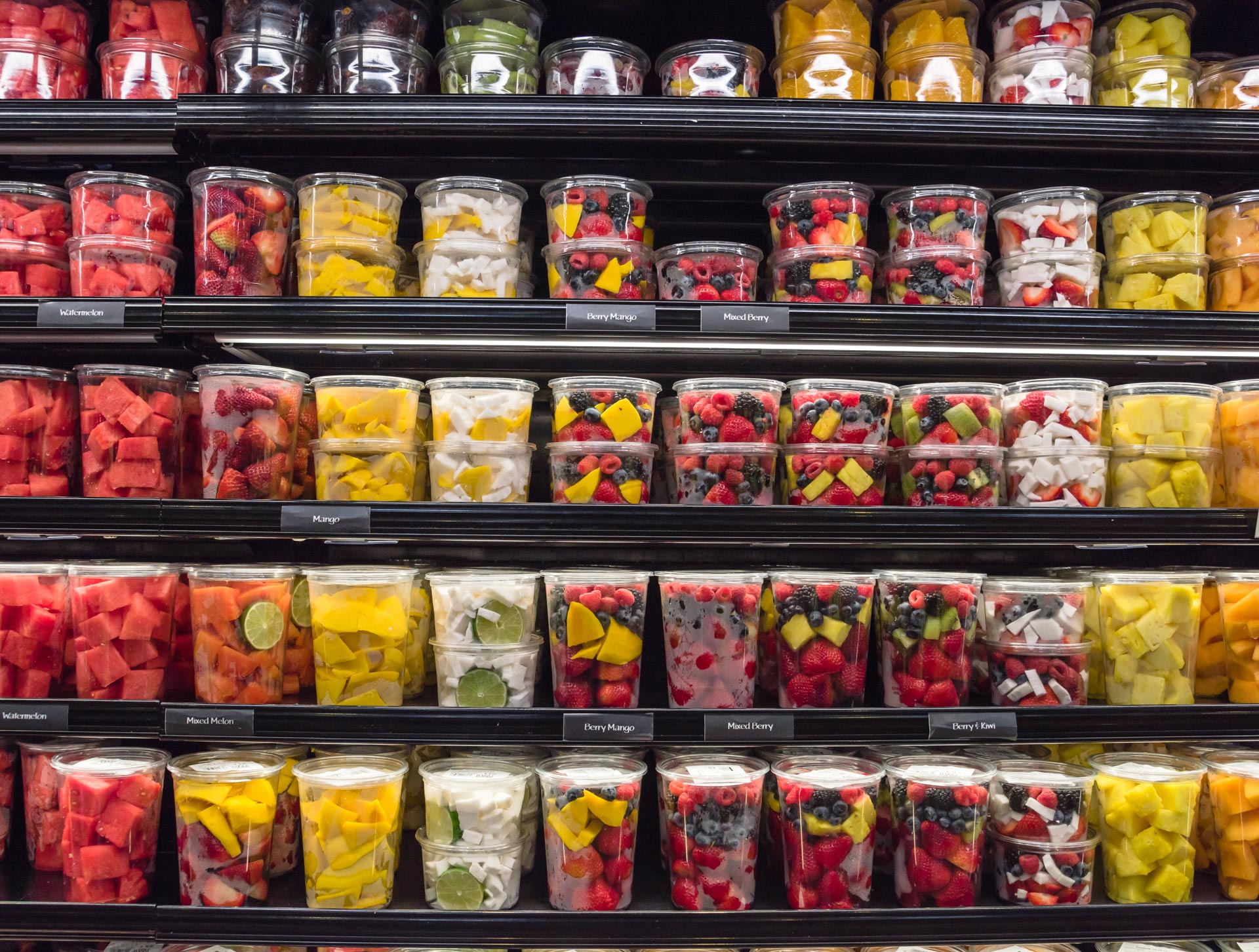
Scientists have developed a bioplastic that can biodegrade in conventional compost bins within two years, making it a suitable alternative to conventional plastics current used in food packaging.
Developed by scientists at Kaunas University of Technology (KTU) in Lithuania, the bioplastic is transparent and made from cellulose, a natural biopolymer derived from timber.

Access deeper industry intelligence
Experience unmatched clarity with a single platform that combines unique data, AI, and human expertise.
It has the potential to replace much of the plastic current found in food packaging, which is a key contributor to the growing problem of plastic pollution.
“We are used to get sandwiches, snacks, pastries, sweets and many other products in a paper bag with a plastic window. With a clear window on the front face, the products in the bag can be viewed easily. Although paper is biologically degradable, it is complicated to separate paper from plastic, and the package is considered non-recyclable and non-compostable,” explained lead researcher Dr Paulius Pavelas Danilovas.
“However, if we made the window from biodegradable plastic, it could be composted. Moreover, we could even use the bag for collecting biodegradable waste and put all into the compost bin together.”
Transparent bioplastic represents key step for sustainable packaging
While this is by no means the first bioplastic to be developed, the fact that the researchers have successfully developed a version that is transparent while being safe to use around food is a key achievement.

US Tariffs are shifting - will you react or anticipate?
Don’t let policy changes catch you off guard. Stay proactive with real-time data and expert analysis.
By GlobalData“We are excited to have found composites, which not only allow cellulose to turn into fluid condition but also are non-toxic, which is very important in all products related to food handling,” added Danilovas.
The bioplastic can also be biodegraded in industrial composting centres within six months.
However, while the material is a key achievement, it is more expensive that conventional plastic, which could pose a barrier to its adoption. For some premium companies this is unlikely to be an issue, but more work will need to be done if the bioplastic is to replace plastic in food packaging on a significant scale.
Read more: Biodegradable plastic industry sees boom as pollution concerns grow







